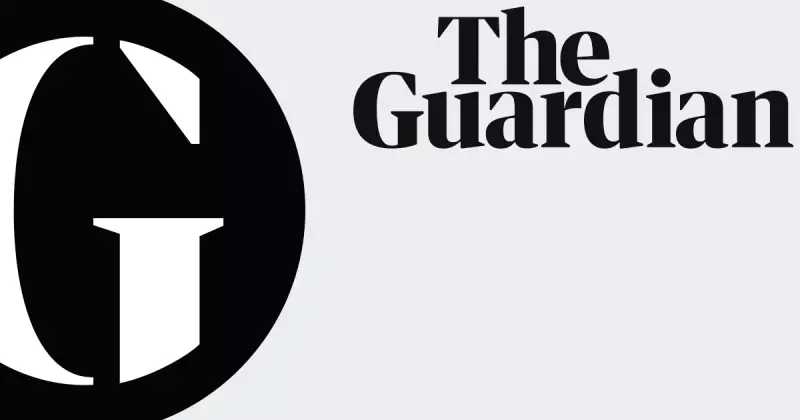
The BBC has found itself embroiled in a major controversy over its coverage of the Gaza conflict, with accusations of bias, internal divisions, and mounting public criticism. This unfolding drama raises serious questions about the broadcaster's editorial standards and its role in reporting on highly sensitive geopolitical issues.
The Spark That Ignited the Fire
According to sources, tensions began when BBC journalists received conflicting guidance about how to report on civilian casualties in Gaza. Some producers allegedly pushed for more graphic depictions of the humanitarian crisis, while senior editors cautioned against what they saw as 'emotionally manipulative' coverage.
Internal Dissent Goes Public
The situation escalated when several BBC correspondents in the region took to social media to express frustration with what they described as 'sanitized' reporting. This unprecedented public airing of grievances shocked media observers and put the corporation's leadership in a difficult position.
The Backlash Intensifies
Criticism came from multiple directions:
- Pro-Israel groups accused the BBC of amplifying Hamas propaganda
- Pro-Palestinian activists claimed the coverage minimized Palestinian suffering
- Media watchdogs questioned whether the BBC was truly maintaining impartiality
Meanwhile, internal memos revealed deep divisions among staff about how to balance accuracy with compassion in war reporting.
Damage Control Efforts
The BBC's response included:
- Emergency editorial meetings to establish clearer guidelines
- A public statement reaffirming commitment to impartial journalism
- Private briefings with government officials and community leaders
However, these measures appear to have satisfied few critics, leaving the broadcaster's reputation for balanced reporting in question.
Broader Implications
This crisis comes at a sensitive time for the BBC, which faces:
- Ongoing charter renewal discussions
- Intense competition from digital news platforms
- Growing political pressure over its coverage of contentious issues
Media analysts suggest this episode may force a fundamental rethink of how public service broadcasters report on intractable conflicts where accusations of bias are inevitable.






